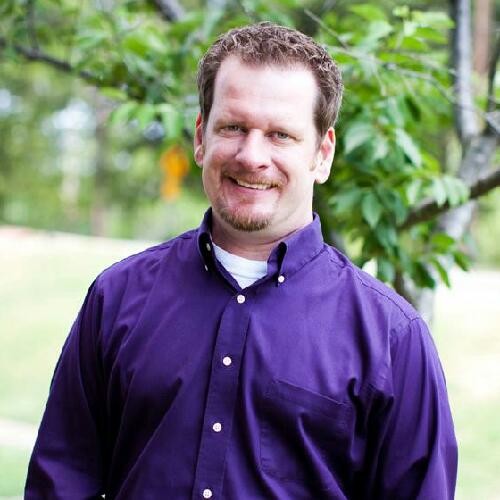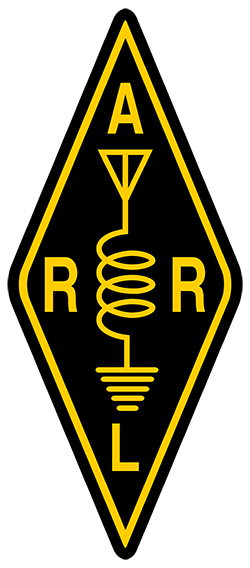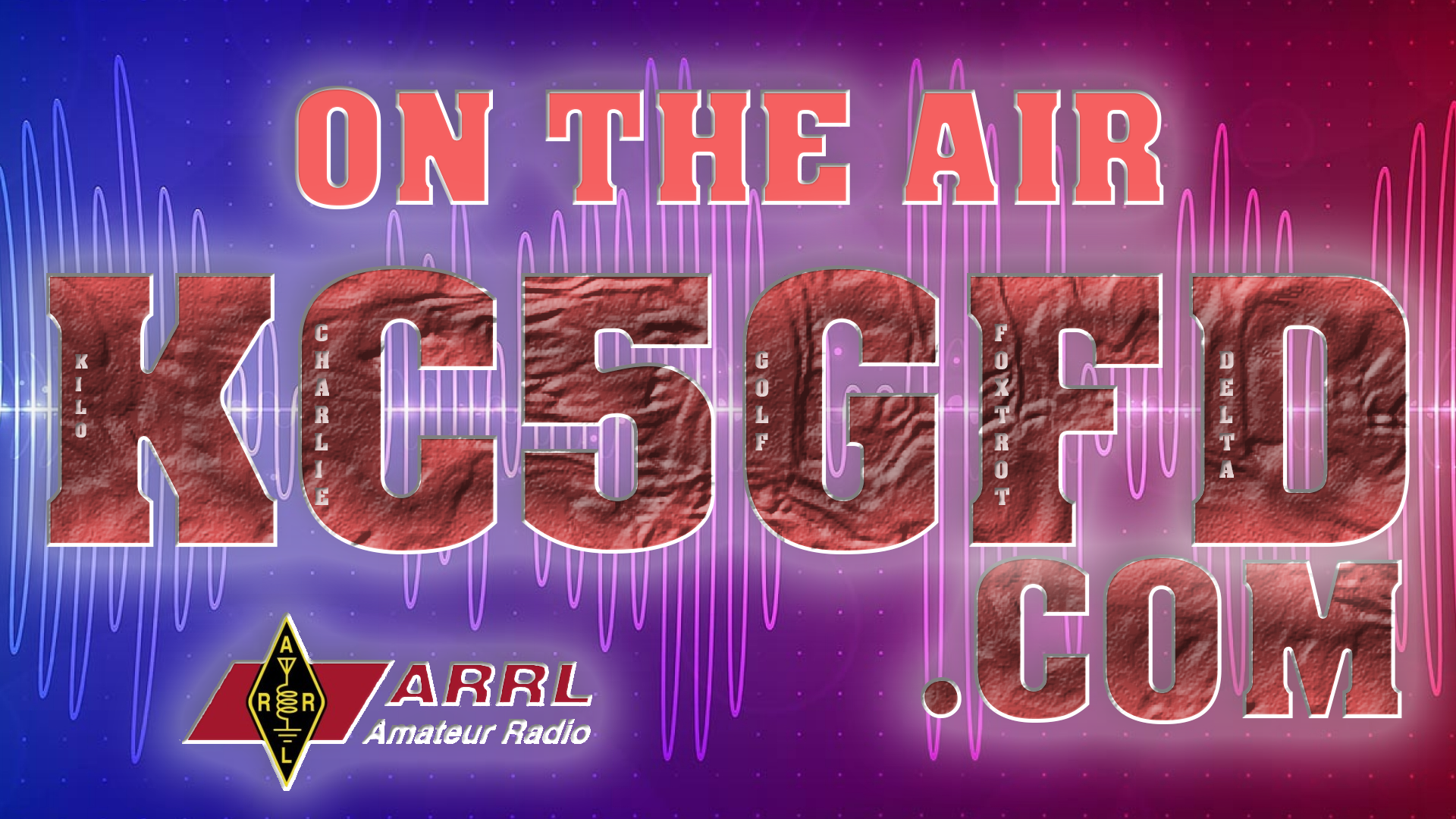 Welcome to my simple little place for radio scanner and amateur radio stuff. People call me Michael or Doc (because my initials are MD) and KC5GFD is my call sign created back when there was a Tech No-Code license (Now just Tech). I pretty much love all things churchy, family, techy, weathery, and fishy. So here we are and off we go.
Welcome to my simple little place for radio scanner and amateur radio stuff. People call me Michael or Doc (because my initials are MD) and KC5GFD is my call sign created back when there was a Tech No-Code license (Now just Tech). I pretty much love all things churchy, family, techy, weathery, and fishy. So here we are and off we go.
The main reason I built / building this site is mostly to centralize all the stuff that interests me related to radio scanner, amateur radio and weather. I’m mostly a Yaesu radio and Uniden scanner fan so most / if any references will be based on these vendors along with the state of Arkansas where I reside.
If this site and information is useful to you as well or you find something you think my be of interest to me related to the ‘techy, weathery, and fishy’ world, please feel free to send me an email using my contact page on the site.
 What is Ham Radio / Amateur Radio Operator? (From ARRL)
What is Ham Radio / Amateur Radio Operator? (From ARRL)
Amateur Radio (ham radio) is a popular hobby and service that brings people, electronics and communication together. People use ham radio to talk across town, around the world, or even into space, all without the Internet or cell phones. It’s fun, social, educational, and can be a lifeline during times of need.
Why become an Amateur Radio Operator (Ham)? (From ARRL)
You can communicate from the top of a mountain, your home or behind the wheel of your car, all without relying on the Internet or a cell phone network You can take radio wherever you go! In times of disaster, when regular communications channels fail, hams can swing into action assisting emergency communications efforts and working with public service agencies.
How can you become an Amateur Radio Operator (Ham)? (From ARRL)
Before you can get on the air, you need to be licensed and know the rules to operate legally. US licenses are good for 10 years before renewal and anyone may hold one except a representative of a foreign government. In the US there are three license classes—Technician, General and Extra.
- Find a license class offered in your local area. Learn More
- Get a feel for how the exam is going to go and what you should really focus on while studying. Learn More
- Get a feel for how the exam is going to go and what you should really focus on while studying. Learn More
- ARRL can provide helpful FCC information about licensing requirements, forms, fees and regulations. Learn More
- Download or print Amateur Radio question pools. Learn More
- ARRL is committed to helping everyone get on the air and enjoy the wonderful world of Amateur Radio. Learn More
- Poof… you’re an Amateur Radio Operator (Ham)!

